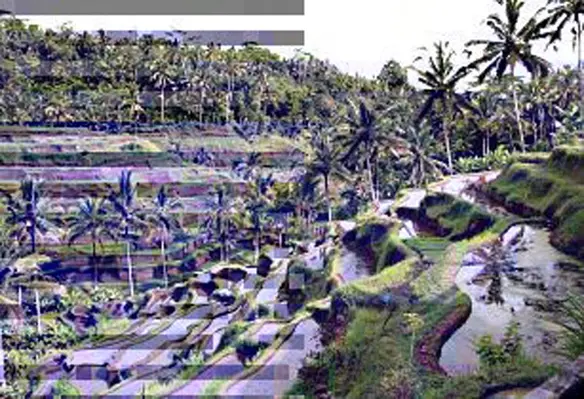The World Bank has approved loans totalling US$305.1mn for two projects to support development of climate-resilient sustainable agriculture and control agricultural pollution in China
Mark Lundell, World Bank’s sector manager for sustainable development department for China and Mongolia, said, “This group of projects typifies the current World Bank Country Partnership Strategy’s focus on the themes of green growth, more inclusive development, and advancing south-south knowledge exchange.”
The Integrated Modern Agriculture Development Project, which received an IBRD loan of US$200mn, will help develop sustainable and climate-resilient agricultural production systems in selected areas of Gansu, Hunan, Jiangxi and Liaoning provinces, Xinjiang Uygur Autonomous region, and Chonqging municipality, the report said.
This project will finance investments aimed at improving the irrigation and drainage infrastructure, such as cleaning of irrigation canals and drainage channels, canal lining, construction and rehabilitation of canal structures, pumping stations, and small water storage facilities. Support will be also provided to develop more efficient irrigation systems including low pressure pipeline water delivery systems, sprinkler, micro and drip irrigation systems. Water monitoring, measurement and management systems will be put in place, the report added.
Climate-smart agricultural practices and techniques will be promoted to help improve the productivity of irrigated agriculture, increase farmers’ incomes, and reduce their vulnerability to adverse climatic events. About 380,000 rural households are expected to directly benefit from the Modern Agriculture Development Project.
The Guangdong Agricultural Pollution Control Project, which received an IBRD loan of US$100mn, will support the province’s efforts to control pollution from crop and livestock production by improving soil nutrient and pests management and reducing fertiliser and pesticide use, and by improving livestock waste management through sub-grants to livestock farms to partially finance construction of livestock waste collection and disposal facilities.
The project also received a US$5.10mn grant from the Global Environment Facility (GEF) for conservation agriculture pilots that will demonstrate the use of no-till or limited tillage technologies and practices for typical cropping systems. Farmers, farmer cooperatives, and livestock production companies will benefit from adoption of project promoted crop production or livestock waste management practices and technologies, according to World Bank.
All these approaches are intended to reduce land-based pollution to the coastal and estuary ecosystems of the South China Sea.




